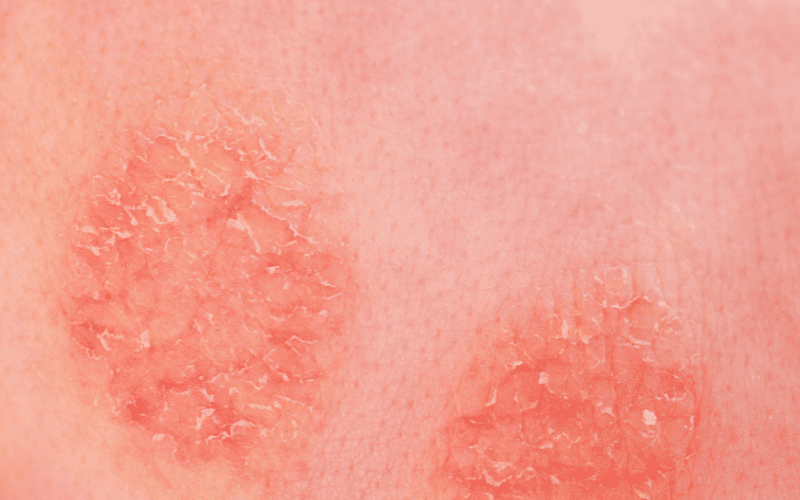Frequently Asked Questions About Severe Atopic Dermatitis

1. What causes severe atopic dermatitis?
The exact cause of severe atopic dermatitis is not fully understood, but it is believed to result from a combination of genetic, immune system, and environmental factors. Individuals with a family history of atopic dermatitis, asthma, or hay fever are more likely to develop the condition. Additionally, exposure to certain allergens, irritants, or infections may trigger or worsen the symptoms of severe atopic dermatitis.
2. How is severe atopic dermatitis diagnosed?
Severe atopic dermatitis is typically diagnosed based on a thorough examination of the skin, along with a detailed medical history. Your healthcare provider may also perform allergy tests or skin biopsies to rule out other skin conditions or identify potential triggers.
3. Can severe atopic dermatitis be cured?
While there is no cure for severe atopic dermatitis, the condition can be managed effectively with proper treatment and lifestyle modifications. This includes identifying and avoiding triggers, maintaining a consistent skincare routine, and using medications or therapies as recommended by your healthcare provider.
4. What treatments are available for severe atopic dermatitis?
Treatments for severe atopic dermatitis may include topical corticosteroids, calcineurin inhibitors, and barrier creams to reduce inflammation and itching, as well as oral medications, such as antihistamines, to help alleviate symptoms. In more severe cases, your healthcare provider may recommend phototherapy, immunosuppressants, or biologic drugs to help manage the condition.
5. How can I prevent flare-ups of severe atopic dermatitis?
Preventing flare-ups of severe atopic dermatitis involves identifying and avoiding potential triggers, maintaining proper skincare, and following your healthcare provider’s recommendations for treatment. This may include avoiding allergens or irritants, using gentle cleansers and fragrance-free moisturizers, and taking medications as prescribed. Additionally, managing stress and maintaining a healthy lifestyle can also help reduce the frequency and severity of flare-ups.
6. Can severe atopic dermatitis affect my mental health?
Severe atopic dermatitis can impact mental health, as the constant itching, discomfort, and appearance of the skin can lead to feelings of self-consciousness, anxiety, or depression. It’s essential to address these emotional aspects of the condition, as they can contribute to the overall severity and persistence of symptoms. Working with a mental health professional or support group can be beneficial in managing the emotional challenges associated with severe atopic dermatitis.
Conclusion: Managing the 10 Symptoms of Severe Atopic Dermatitis for a Healthier Life
In summary, severe atopic dermatitis is a complex skin condition characterized by a variety of symptoms, including intense itching, dry and scaly skin, red and inflamed patches, cracked and weeping skin, thickened texture, discoloration, blisters, skin infections, eye and eyelid problems, and sleep disturbances. By understanding these symptoms and their underlying causes, you can work with your healthcare provider to develop a comprehensive treatment plan tailored to your specific needs.
Proper skincare, trigger avoidance, and targeted treatments, such as topical corticosteroids, calcineurin inhibitors, and barrier creams, can help manage and alleviate the symptoms of severe atopic dermatitis. In more severe cases, advanced therapies like phototherapy, immunosuppressants, or biologic drugs may be necessary to achieve better control of the condition.
By staying informed about the top 10 symptoms of severe atopic dermatitis and following a personalized treatment plan, you can successfully manage the condition and minimize its impact on your daily life. With consistent care and attention, you can enjoy improved skin health, enhanced well-being, and a more comfortable, fulfilling life.